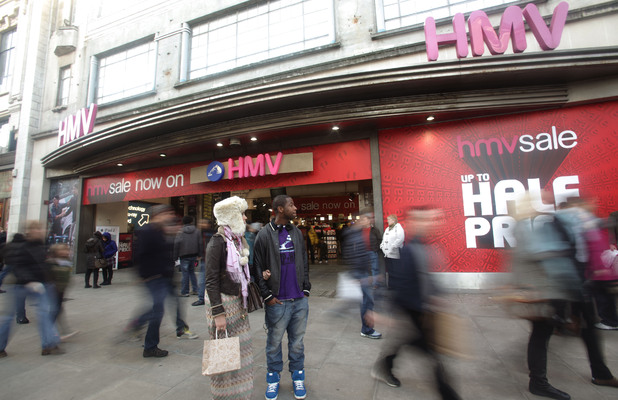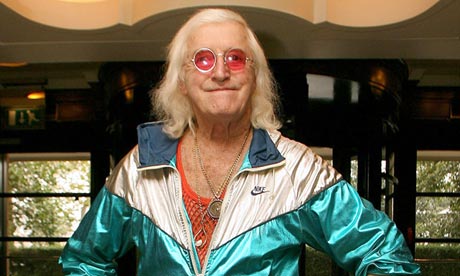The fantastical cloud of colour captured here and uploaded to Flickr is the gas emanating from a star which exploded over 5000 years ago and is expanding at such a rate that it is now 36 times larger than our moon. I mean, how do we even begin to understand something like that? What is particularly encouraging is that even learned astrophysicists don't fully get what's going on up there. Everything we can observe in space – the planets, the stars, the galaxies and so on – make up less than five per cent of the universe. That means there is 95 per cent of unexplained, unexplored otherness out there. No wonder human beings since the dawn of time have been looking up in fascination. Despite our continued explorations and incredible technological advances, it is a universal part of the human condition to gaze at the sky and consider our place in this vast sea of awesome wonder.
These incredible photographs show not only the phenomenal and startling beauty of the cosmos, but the extraordinary lengths people go to in capturing it. American photographer Bill Snyder used an exposure time of 13 hours to capture this stunning picture of the Horsehead Nebula (left). It looks like something out of Star Trek: a nightmarish vision of biblical, apocalyptic fury. The images represent such impenetrably huge concepts that I find it necessary to reduce them down to the smallest analogies to help with my understanding. Like the number of images of the sun (I thought you went blind if you looked directly at the sun? Perhaps a scientist can explain that to me, too). This molten ball of turbulent fire starts to resemble a sloshing cauldron of soup, forever on the brink of boiling over. The Aurora over a Glacier by the UK’s James Woodend was the overall winner (pictured below), and due to the proliferation of photo-editing software my immediate cynical response was that it must have been doctored. The Northern Lights appear too perfectly balanced; the warm, reflective colours contrast profoundly against the chill of an Icelandic glacier. Stunning.
If you’re planning to visit the exhibition, then you simply must spend the £6.50 required to visit the Planetarium, in which you can watch a fully-immersive 30-minute film as it projects above your head. It’s a dizzying audio-visual experience like nothing else; it feels like your tilted chair is being propelled through space, putting your stomach somewhere near the vicinity of your shoes. As the renowned American astrophysicist Neil deGrasse Tyson explains the theories of dark matter, I realise my brain has once again entered standby mode. The film takes on the same cerebral, meditative qualities of one of Professor Brian Cox’s hypnotic TV shows, the aim of which appears to be to lull the viewer into a dumbstruck stupor where even the exotic names of distant galaxies and constellations form part of a vast poetic tapestry. The music adds to the therapy – it’s the kind of thing they play in a yoga class. I hope the parents behind me are paying a bit more attention, as their infant child leans over to ask, “Mummy, what’s an atom?” Good luck with that, folks.
The free Astronomy Photographer of the Year 2014 exhibition runs until 22 February 2015 at the Royal Observatory Greenwich. Dark Universe is shown daily in the Planetarium.

























